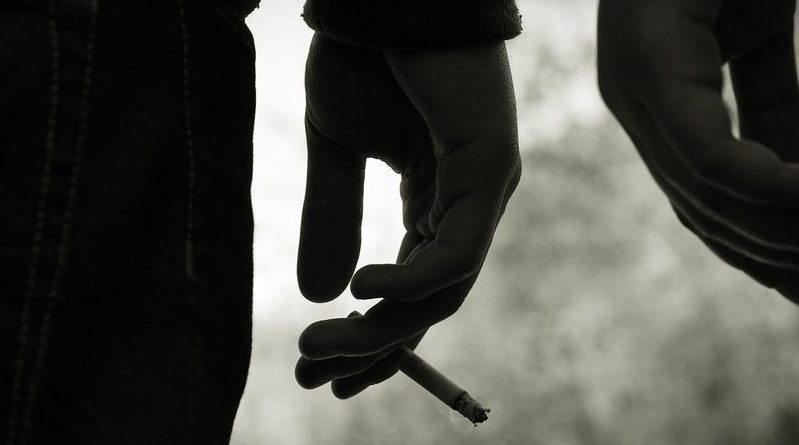The Racial Politics Of Smoking – OpEd
Democrats in many parts of the country have endorsed the legalization of marijuana, and the Biden administration is pushing hard to deemphasize its negative effects. Ironically, the Biden team is hell bent on banning menthol cigarettes. From a public health perspective, none of this makes any sense.
The Department of Health and Human Services wants marijuana use to be treated as a Schedule III drug, which would put it in the same class as Tylenol with codeine; currently pot is treated as Schedule I, meaning it is treated as a serious drug.
What gives? Al Sharpton’s National Action Network, the NAACP and the ACLU don’t want a ban on menthol cigarettes. Why? To these activists, every issue, no matter how trivial, is seen through a racial lens. Sharpton said it best. “A menthol ban would severely target and harm African American smokers, who overwhelmingly prefer menthol cigarettes.”
Sharpton did not address the health effects of smoking cigarettes or marijuana—his mind is exclusively fixated on the racial dimension. So is the Biden administration. Interestingly, it goes the other way, maintaining that because menthol use is popular with blacks, that smacks of racism. The one thing they agree on is that racism is everywhere.
But given the pushback—this is an election year—it looks like the Biden campaign to ban the menthol brand is going up in smoke.
In 2018, Sharpton came out strongly in favor of legalizing marijuana. He never addressed the health effects. It was simply a matter of racial justice. He called it a “civil rights cause,” citing statistics that show blacks being arrested for marijuana use more than whites.
What would it take for the Biden administration, and the African American elite, to conclude that marijuana legalization poses a clear and present danger to the health of those who use it? Former Harlem Congressman Charles Rangel recognized this years ago, but today there are few minority leaders taking his side.
After legalizing marijuana six years ago in California, gang activity and violent crime is on the rise. Colorado’s experiment led to a record number of marijuana-related traffic deaths and ER visits. Impaired brain function is another problem. And in city after city where legalization is the rule, both in the United States and abroad, the black market is thriving.
For years conservatives such as William F. Buckley, Jr. have been telling us that drug legalization will put an end to the black market. The data prove them wrong. When drugs are plentiful, more people will try them, including the very young, and when government-approved drugs are regarded as too restrictive—in terms of potency, quantity, availability and new substances—black market profiteers move in for the kill. Nothing will ever stop this barely underground occupation.
Moreover, when drugs are legalized, social disorder follows. Truancy, street crimes and morally destitute acts spike. We should have learned by now: Cultivating virtue and citizenship is never easy—destroying it is.
But to those who are obsessed with race, none of this matters. They are the true regressives, having learned nothing about the frailty of the human condition.

